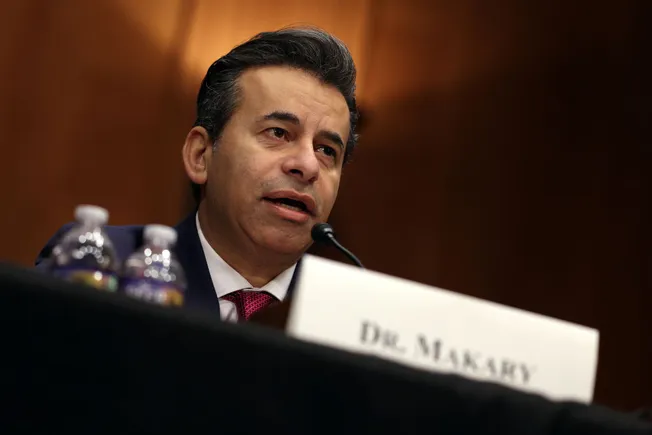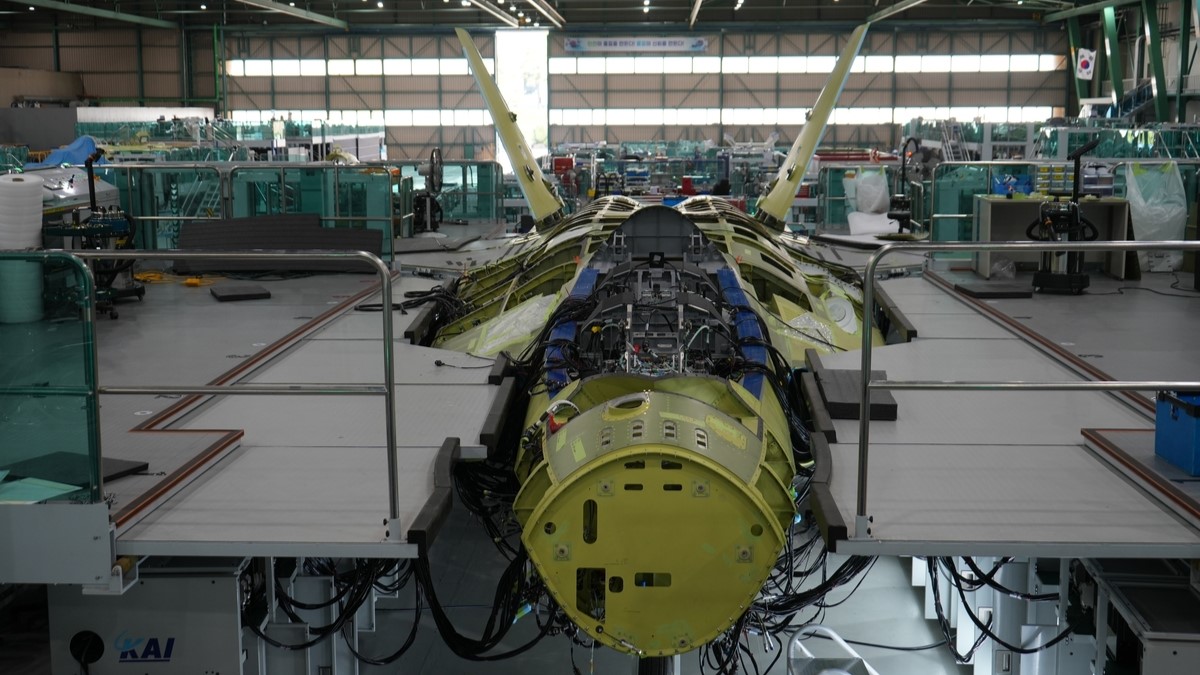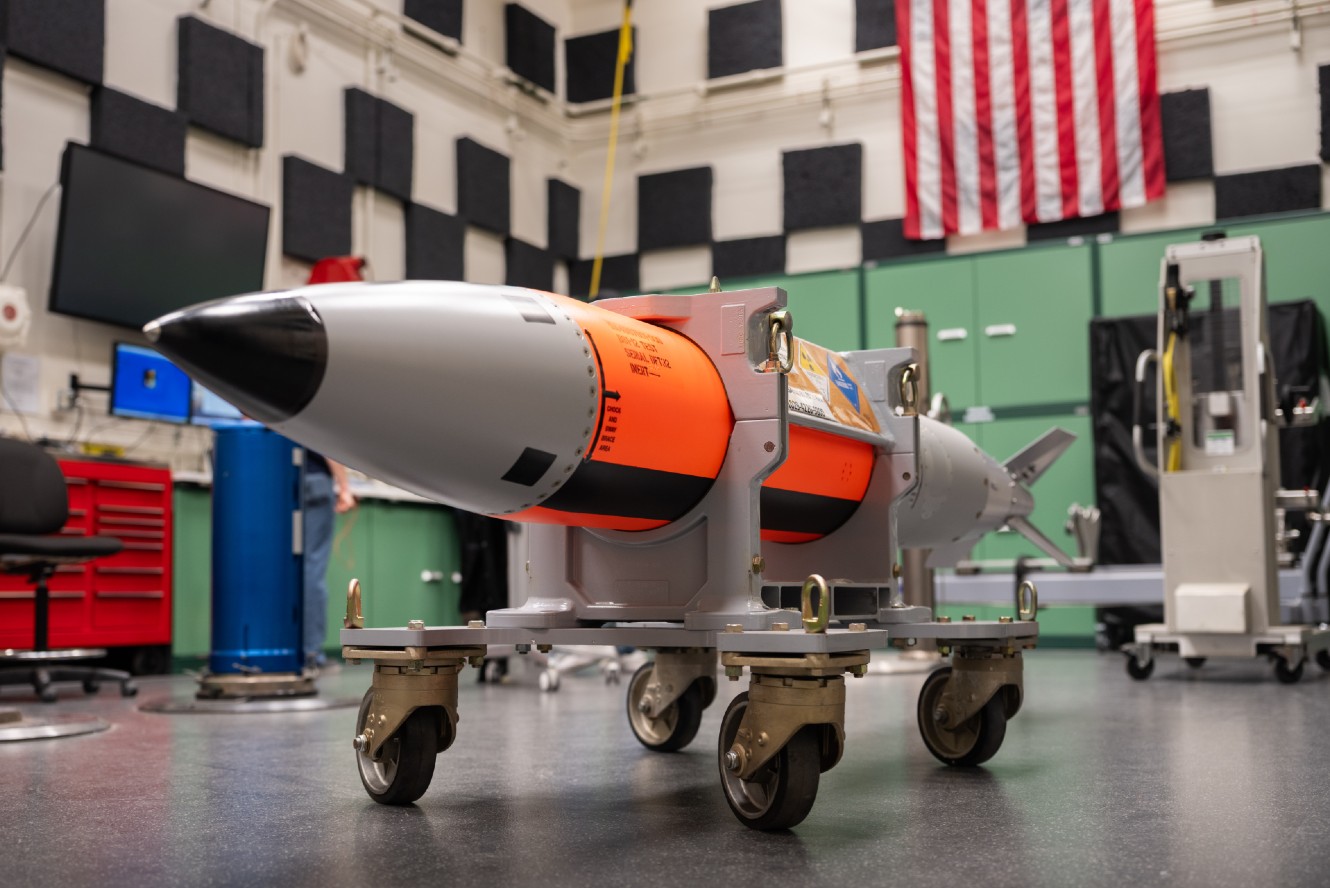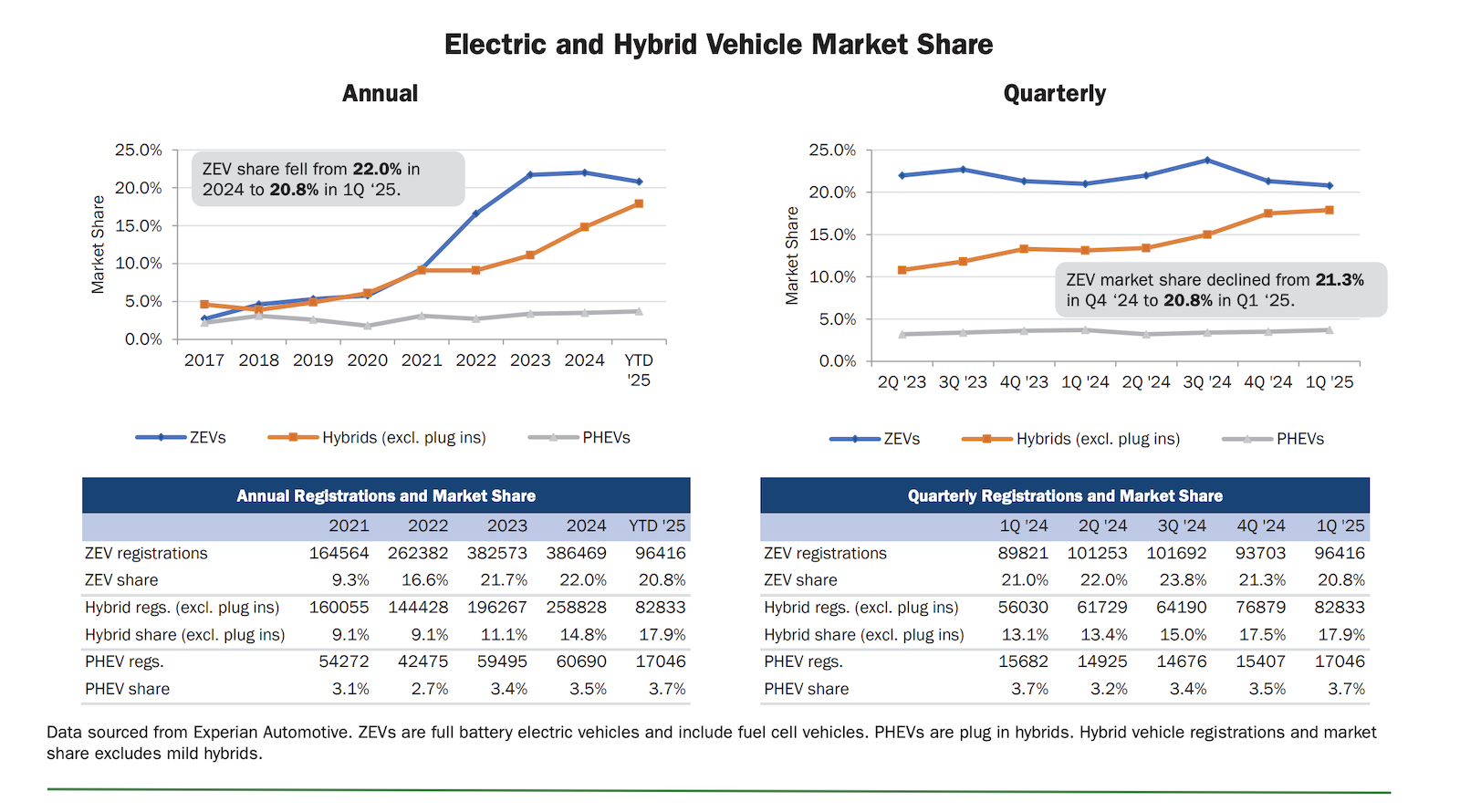Travel retail continues to be crucial for the drinks sector, with networking and face-to-face meetings at the Tax Free World Association (TFWA) Exhibition and Conference showing the potential to grow business.

TFWA president Philippe Margueritte said: “TFWA Asia Pacific Exhibition & Conference is now also a launchpad for regional players looking to expand into new markets within Asia Pacific, but also into Europe, the Middle East and the Americas.”
Noblewood Group, which now looks after the Beluga Vodka brand after ownership moved to the Balkans following the start of the war in Ukraine, told
db that it has used the TFWA show in Singapore to help expand its reach across Asia in ways it would not have been able to had the show not existed.
In an interview in Singapore last week with
the drinks business, Noblewood Group head of travel retail department Vladimir Poriadin explained: “Beluga Vodka was, historically, a Russian brand, but a couple of years ago, there was a transition where a company called Noblewood was created that's based out of Montenegro, and we've taken all the international property rights, this means there is more global distribution, except for Russia, for the Beluga brand. We are here at the TFWA show, because we are trying to establish customers and footprint around Asia through travel retail. This is really important to us and we couldn’t do this kind of thing without this show.”
Speaking candidly about the importance of the Asia region within cruise and airport retail, Margueritte explained: “In this region, there are two economic superpowers with the critical mass to drive consumption for decades. I’m talking about India and China, of course. They have the world’s two largest populations, making up more than a third of the entire planet. China’s population has stopped growing, but it will remain the second largest globally until the next century. India’s will continue to rise till around 2050. More importantly, both countries have a sizable middle class.”
Margueritte pointed out a raft of reasons why drinks brand owners should take note of the opportunities, with one considerable reason being because “China’s middle class is made up of over 700 million people and is the world's biggest, counting more than half of the country’s citizens”.
This, he outlined, was not something that producers should ignore and noted that “it’s grown fast over the last 20 years” and even though “a weak property sector, a volatile stock market and higher unemployment have knocked consumer confidence recently” with these elements having “affected Chinese interest in overseas travel” he still reiterated how “passenger numbers are rising and should reach nearly 200 million by 2028”.
Looking at who will be travelling and spending money in GTR, Margueritte suggested that “two thirds of them will be Gen Z consumers, who have a strong interest in seeing other countries and firm ideas about what they expect from their trips”. This has been outlined as a primary advantage for those in attendance at the show with buyers and producers all networking with retailers and distributors.
He added that despite the challenges that the sector still felt with Chinese travellers opting for domestic holidays over longer haul ones at present, Marguerite still insisted things were moving in the right direction for GTR.
He explained: “Passenger volume just showed a strong growth in the first quarter of this year. Chinese airlines reported 18.9 million international travellers, up 34% year-on-year and 4.5% higher than the same period in 2019.”

 TFWA president Philippe Margueritte said: “TFWA Asia Pacific Exhibition & Conference is now also a launchpad for regional players looking to expand into new markets within Asia Pacific, but also into Europe, the Middle East and the Americas.”
Noblewood Group, which now looks after the Beluga Vodka brand after ownership moved to the Balkans following the start of the war in Ukraine, told db that it has used the TFWA show in Singapore to help expand its reach across Asia in ways it would not have been able to had the show not existed.
In an interview in Singapore last week with the drinks business, Noblewood Group head of travel retail department Vladimir Poriadin explained: “Beluga Vodka was, historically, a Russian brand, but a couple of years ago, there was a transition where a company called Noblewood was created that's based out of Montenegro, and we've taken all the international property rights, this means there is more global distribution, except for Russia, for the Beluga brand. We are here at the TFWA show, because we are trying to establish customers and footprint around Asia through travel retail. This is really important to us and we couldn’t do this kind of thing without this show.”
Speaking candidly about the importance of the Asia region within cruise and airport retail, Margueritte explained: “In this region, there are two economic superpowers with the critical mass to drive consumption for decades. I’m talking about India and China, of course. They have the world’s two largest populations, making up more than a third of the entire planet. China’s population has stopped growing, but it will remain the second largest globally until the next century. India’s will continue to rise till around 2050. More importantly, both countries have a sizable middle class.”
Margueritte pointed out a raft of reasons why drinks brand owners should take note of the opportunities, with one considerable reason being because “China’s middle class is made up of over 700 million people and is the world's biggest, counting more than half of the country’s citizens”.
This, he outlined, was not something that producers should ignore and noted that “it’s grown fast over the last 20 years” and even though “a weak property sector, a volatile stock market and higher unemployment have knocked consumer confidence recently” with these elements having “affected Chinese interest in overseas travel” he still reiterated how “passenger numbers are rising and should reach nearly 200 million by 2028”.
Looking at who will be travelling and spending money in GTR, Margueritte suggested that “two thirds of them will be Gen Z consumers, who have a strong interest in seeing other countries and firm ideas about what they expect from their trips”. This has been outlined as a primary advantage for those in attendance at the show with buyers and producers all networking with retailers and distributors.
He added that despite the challenges that the sector still felt with Chinese travellers opting for domestic holidays over longer haul ones at present, Marguerite still insisted things were moving in the right direction for GTR.
He explained: “Passenger volume just showed a strong growth in the first quarter of this year. Chinese airlines reported 18.9 million international travellers, up 34% year-on-year and 4.5% higher than the same period in 2019.”
TFWA president Philippe Margueritte said: “TFWA Asia Pacific Exhibition & Conference is now also a launchpad for regional players looking to expand into new markets within Asia Pacific, but also into Europe, the Middle East and the Americas.”
Noblewood Group, which now looks after the Beluga Vodka brand after ownership moved to the Balkans following the start of the war in Ukraine, told db that it has used the TFWA show in Singapore to help expand its reach across Asia in ways it would not have been able to had the show not existed.
In an interview in Singapore last week with the drinks business, Noblewood Group head of travel retail department Vladimir Poriadin explained: “Beluga Vodka was, historically, a Russian brand, but a couple of years ago, there was a transition where a company called Noblewood was created that's based out of Montenegro, and we've taken all the international property rights, this means there is more global distribution, except for Russia, for the Beluga brand. We are here at the TFWA show, because we are trying to establish customers and footprint around Asia through travel retail. This is really important to us and we couldn’t do this kind of thing without this show.”
Speaking candidly about the importance of the Asia region within cruise and airport retail, Margueritte explained: “In this region, there are two economic superpowers with the critical mass to drive consumption for decades. I’m talking about India and China, of course. They have the world’s two largest populations, making up more than a third of the entire planet. China’s population has stopped growing, but it will remain the second largest globally until the next century. India’s will continue to rise till around 2050. More importantly, both countries have a sizable middle class.”
Margueritte pointed out a raft of reasons why drinks brand owners should take note of the opportunities, with one considerable reason being because “China’s middle class is made up of over 700 million people and is the world's biggest, counting more than half of the country’s citizens”.
This, he outlined, was not something that producers should ignore and noted that “it’s grown fast over the last 20 years” and even though “a weak property sector, a volatile stock market and higher unemployment have knocked consumer confidence recently” with these elements having “affected Chinese interest in overseas travel” he still reiterated how “passenger numbers are rising and should reach nearly 200 million by 2028”.
Looking at who will be travelling and spending money in GTR, Margueritte suggested that “two thirds of them will be Gen Z consumers, who have a strong interest in seeing other countries and firm ideas about what they expect from their trips”. This has been outlined as a primary advantage for those in attendance at the show with buyers and producers all networking with retailers and distributors.
He added that despite the challenges that the sector still felt with Chinese travellers opting for domestic holidays over longer haul ones at present, Marguerite still insisted things were moving in the right direction for GTR.
He explained: “Passenger volume just showed a strong growth in the first quarter of this year. Chinese airlines reported 18.9 million international travellers, up 34% year-on-year and 4.5% higher than the same period in 2019.” 






















































































































































